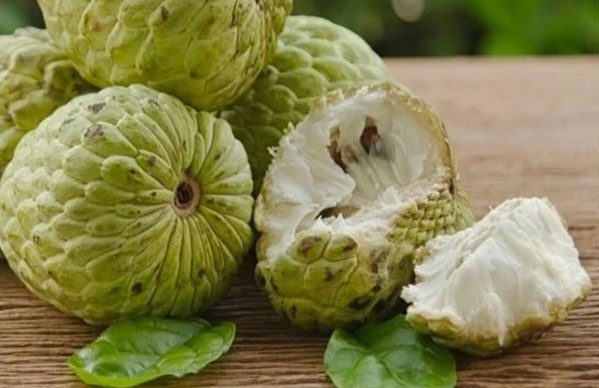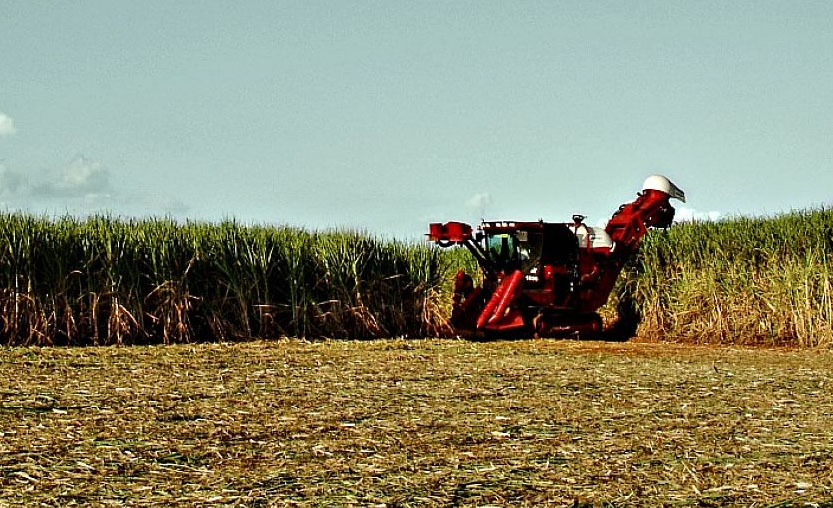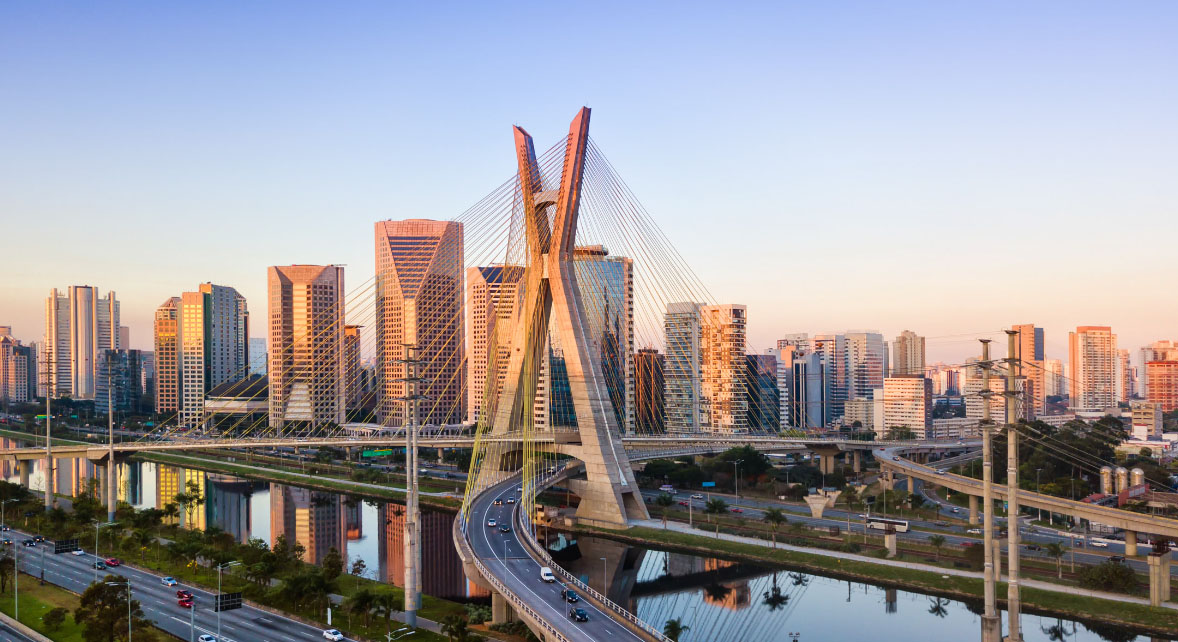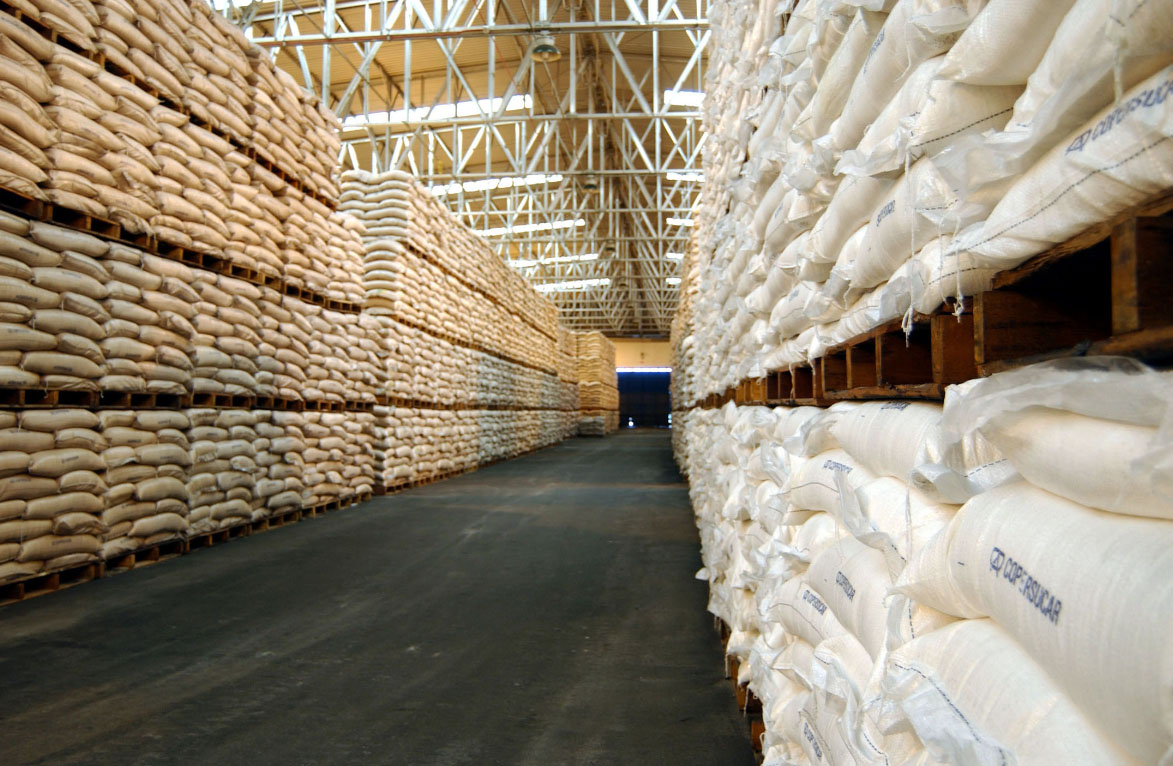Brazil is
renowned worldwide for its contributions to the sugar industry. At the heart of
this sweetness lies the often-overlooked heroes—the sugar mills. These mills
are where the magic of transforming sugarcane into sugar begins. In this blog
post, we’ll embark on a journey to explore the rich history, enduring
significance, and cultural impact of sugar mills in Brazil, shining a light on
the unsung heroes that drive the nation’s sweet industry.
Sugar Mills
in Brazil: Where Sweet Dreams Begin
Historical
Foundations: Sugar mills have deep historical roots in Brazil, dating back to
the colonial era when Portuguese settlers first introduced sugarcane
cultivation.
Cultural
Significance: Sugar mills have become an intrinsic part of Brazil’s cultural
heritage, influencing art, music, and traditions.
The
Operations of Sugar Mills
Sugarcane
Harvesting: The journey of sugar begins with the harvesting of sugarcane from
vast fields, setting the stage for the sugar-making process.
Crushing
and Extraction: Sugarcane is crushed, and the juice is extracted, marking the
initial steps in converting the cane into sugar.
Boiling and
Clarification: The extracted juice is boiled to eliminate impurities and
clarify the sugar solution.
Crystallization
and Drying: The clarified sugar solution is concentrated, crystallized, and
dried to produce sugar crystals.
The Role of
Sugar Mills in Brazil
Economic
Backbone: Sugar mills are a vital economic force in Brazil, supporting
livelihoods and local communities in many regions.
Sustainable
Practices: Some sugar mills are pioneers in sustainability, incorporating
eco-friendly practices that reduce their environmental footprint.
Cultural
Influence of Sugar Mills
Festivals
and Celebrations: Sugar mills have inspired festivals and cultural celebrations
across Brazil, including Festa Junina, a festival that honors rural life and
traditions.
Art and
Music: The imagery and sounds of sugar mills have found their way into
Brazilian art and music, weaving a cultural tapestry that celebrates these
important institutions.
Modern
Sugar Mills
Technological
Advancements: Sugar mills in Brazil have embraced technological advancements to
enhance efficiency and sustainability, contributing to the nation’s position as
a global sugar industry leader.
Diversification:
Many sugar mills have diversified their operations, producing not only sugar
but also ethanol and other by-products.
The Future
of Sugar Mills in Brazil
Environmental
Responsibility: Sugar mills are increasingly adopting sustainable practices,
including responsible land management, reduced water consumption, and
biodiversity conservation.
Global
Impact: Brazil’s sugar mills have a global presence, exporting their products
and expertise to markets worldwide.
Conclusion
Sugar mills
in Brazil are the unsung heroes of the nation’s sweet industry. They represent
not only economic powerhouses but also cultural symbols that have influenced
art, music, and traditions. These mills have evolved over the centuries,
embracing sustainability and technological advancements, and continue to shape
Brazil’s position as a global leader in sugar production. As they stand at the
intersection of tradition and innovation, sugar mills play a pivotal role in
preserving the sweet heritage of Brazil while charting a path toward a
sustainable and prosperous future.







